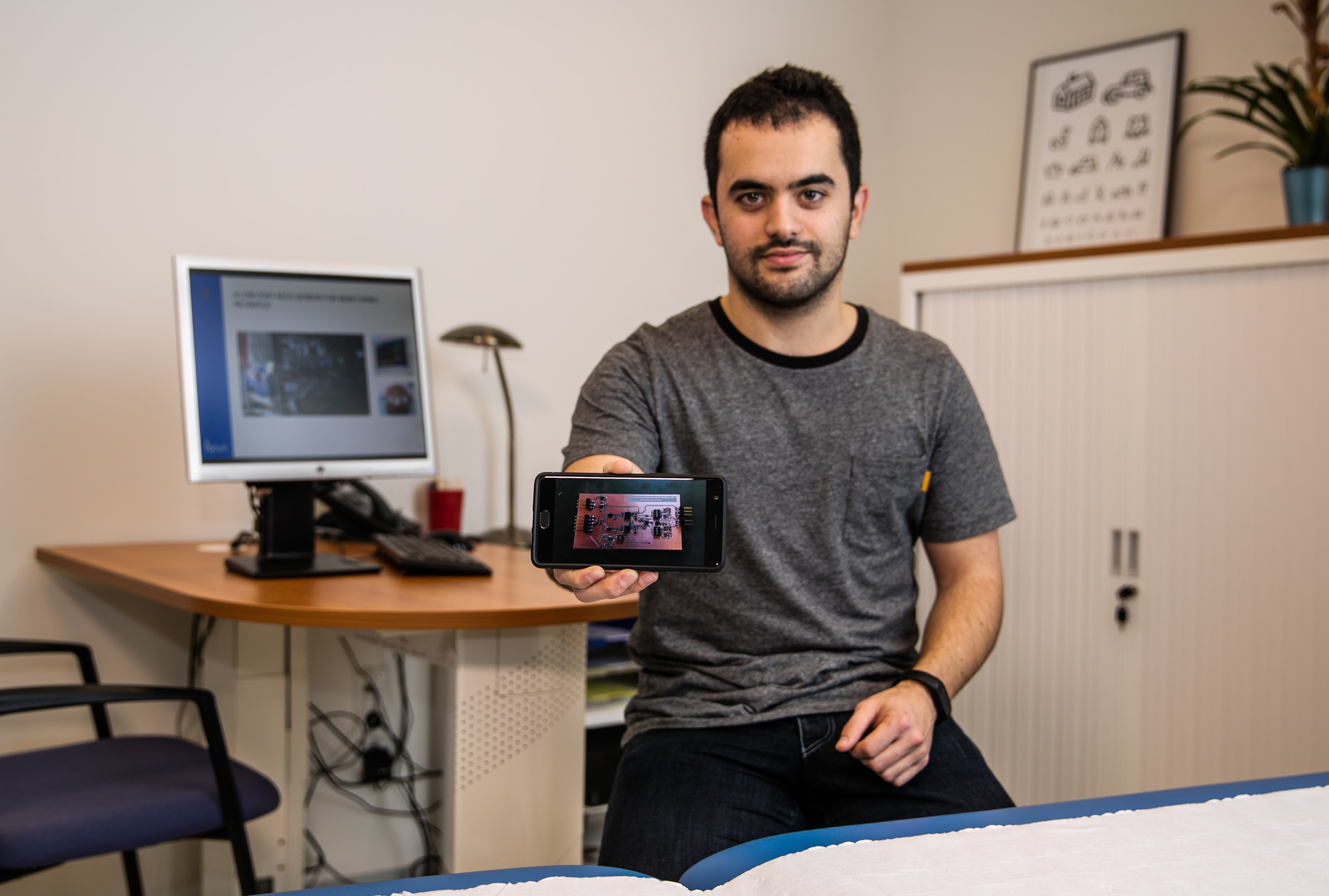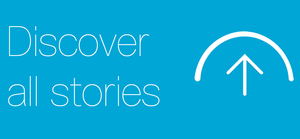Getting a helping hand and giving back
Alberto Gancedo
Alberto Gancedo didn’t set out to study in Delft, but eventually, that's exactly what he ended up doing. After completing an internship at TU Delft start-up Healthtech, the university supported him with his plan of studying microelectronics and working on a super-interesting project at the same time.
Gancedo, originally from Spain, was searching for an internship outside of his home country to complete his bachelor’s degree. Someone he knew from the University of Cantabria, where he was attending, had contact with a start-up company in Delft, called Healthtech B.V. They were looking for an intern to help with the development of an aEEG measurement system. The position fit Gancedo’s skillset and he arrived in Delft in September 2016.
Internship
After the completion of his six month internship, he returned to Spain to defend his bachelor’s thesis. Healthtech, however, was interested in having him return to complete the project's development. As with many start-ups, however, the company was unable to offer Gancedo a paid position. Instead, they said he could return as an intern, provided he was accepted into a master’s programme at TU Delft.
Fortunately, with Gancedo’s academic background, he was accepted into the electrical engineering master’s programme, in the microelectronics track. While this left him with a place to study and a place to work on his research, it didn’t leave him with enough funds to support himself financially. That was where the University Fund Foundation stepped in.
Delft University Fund
Delft University Fund supports TU Delft by contributing to research, education and talent development. With the help of alumni, staff, individuals, foundations and companies interested in science, the fund does everything possible to help students and scientists to excel and make an impact on society.
Alberto's aEEG project is made possible by donations from EEMCS alumni, initiated by Delft University Fund. Because EEMCS alumni gave Alberto this opportunity, he can now work towards his goal: 'to make the aEEG system available for hospitals in developing countries who cannot afford the current large and expensive measurement systems’.
aEEG measuring system
The money goes to support his research on an aEEG measuring system. This product aims to allow doctors to test the electrical signals in the brains of newborns. Currently, only babies who have obvious symptoms of brain damage are monitored. The equipment used for these tests is unwieldy and expensive, which makes it unavailable in the hospitals of many developing countries. Gancedo’s device, if it works, would be portable and significantly less expensive which would allow for wider testing and earlier interventions.
Gancedo recognises that his device would mean a lot to doctors and hospitals with insufficient resources. “The funding has been a great opportunity,” he says.
Personal quote:
“Motivation is everything. In my case, being able to work on a project with such a potential impact while improving my skills is what really keeps everything going when I am stuck. My advice is to always try to find a way to keep yourself excited even when doing the smallest of tasks, it really makes a difference.”
More information:
Apply for a grant at the <link en delft-university-fund talentdevelopment grants applyforgrant>Delft University Fund

Personal information:
Name: Alberto Gancedo Reguilon
Country: Spain
BSc: Electrical Engineering at the University of Cantabria, Spain
MSc: Electrical Engineering, Micro Electronics track

